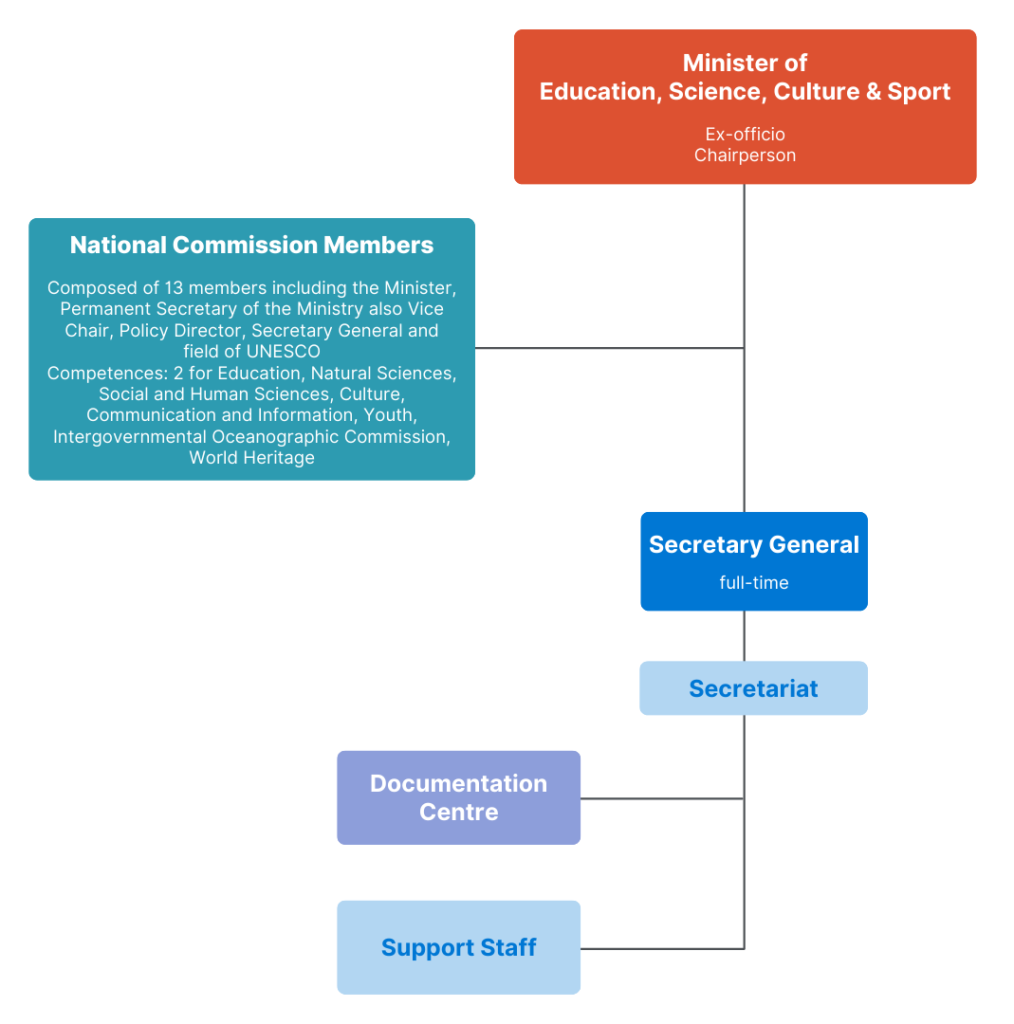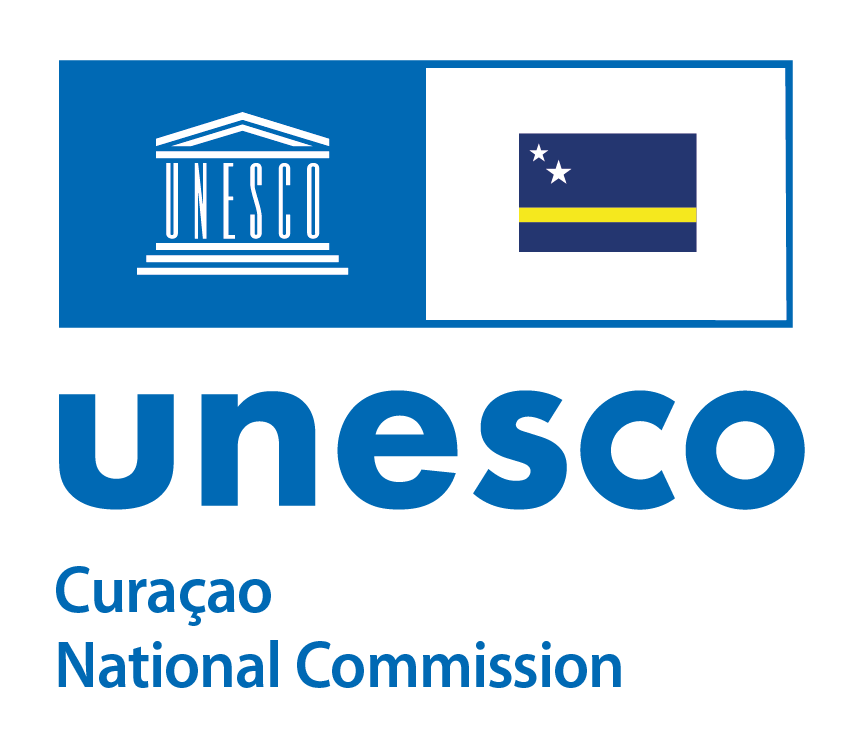Curaçao became the 7th Associate Member of UNESCO on 25 October 2011, during the 36th General Conference of UNESCO in Paris, France. On March 15th, 2012 the first Curaçao National Commission for UNESCO was established. As part of the responsibilities of a new member to UNESCO, the UNESCO Constitution in Article VII states that each country that becomes a Member of the Organization must undertake to form a National Commission (NatCom) and to ensure that it functions properly.
The Curaçao National Commission for UNESCO is using the abbreviation NatCom for the National Commission to indicate its organization as NatCom-Curaçao. When Aruba became Associate Member of UNESCO and the Netherlands member they also, together with Suriname, maintained this abbreviation, in Dutch and in English to indicate their organisation as NUC-Netherlands, NUC-Aruba and NUC-Suriname. For this reason, on our website this abbreviation is maintained in Papiamentu however, the abbreviation UNESCO-Curaçao is used to indicate our organization.
The National Commission’s structure is as follows: Chairperson is the Minister of Education, Science, Culture and Sports, Permanent Secretary of the Ministry of Education, Science, Culture and Sports, Policy Director of the Ministry of Education, Science, Culture and Sports, Secretary General of the NatCom, Education Specialists, Culture Specialist, World Heritage Specialist, Media Representative, Youth Expert, Natural Sciences Specialist and University for Higher Education. The Secretariat is headed by the Secretary General and working groups in the various fields of mandate by UNESCO work along with the NatCom members.
Organizational Chart

Specialized UNESCO Commissions meets once a month or when the needs arises:
- UNESCO World Heritage Committee Curaçao
- Memory of the World
- Man and the Biosphere
- Intangible Cultural Heritage
- Education Committee
- UNESCO ASP network
- Youth Committee
- Sport Committee
Our Mission Statement
The Curaçao National Commission for UNESCO (Curaçao NatCom) makes known her programmes of UNESCO in the country and to involve Civil Society, NGOs, Ministries, Schools and Youth in the advancement of UNESCO’S mandate in the country. The National Commission executes the UNESCO vision by promoting its programmes in the working fields of Education, Sciences (Social & Human, Natural) Culture and Communication and Information.
This is done by:
1. To function as a think tank
2. Setting general standards for the Minister
3. Capacity building
4. Supporting a clearing house for the UNESCO Secretariat
5. Supporting international cooperation in action fields mentioned
